Mental Health & Suicide
-
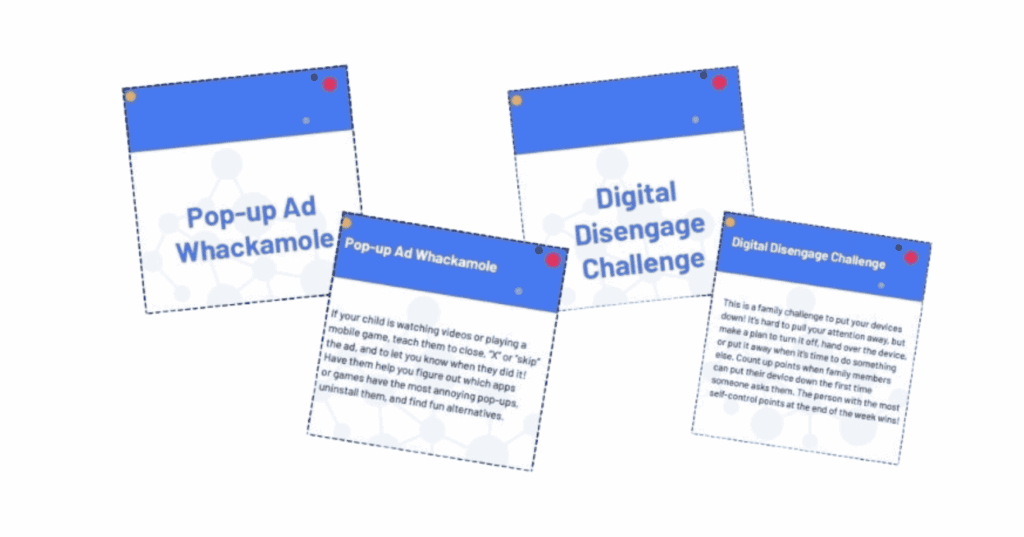
Building Healthy Relationships with Media: Skill-Building Activities for Children
These activity cards include fun skill-building activities and games that parents can use to engage younger children in discussions about media use. Activities include Scam Finder, Pop-up-Ad Whack-a-Mole, and Digital Disengage Challenge. In Spanish and English. Source: Center of Excellence on Social Media and Youth Mental Health Tarjetas de actividades en español
-

Social Media, Online Safety, and Youth Mental Health
Best practices and resources for parents and caregivers. Source: Substance Abuse and Mental Health Services Administration
-
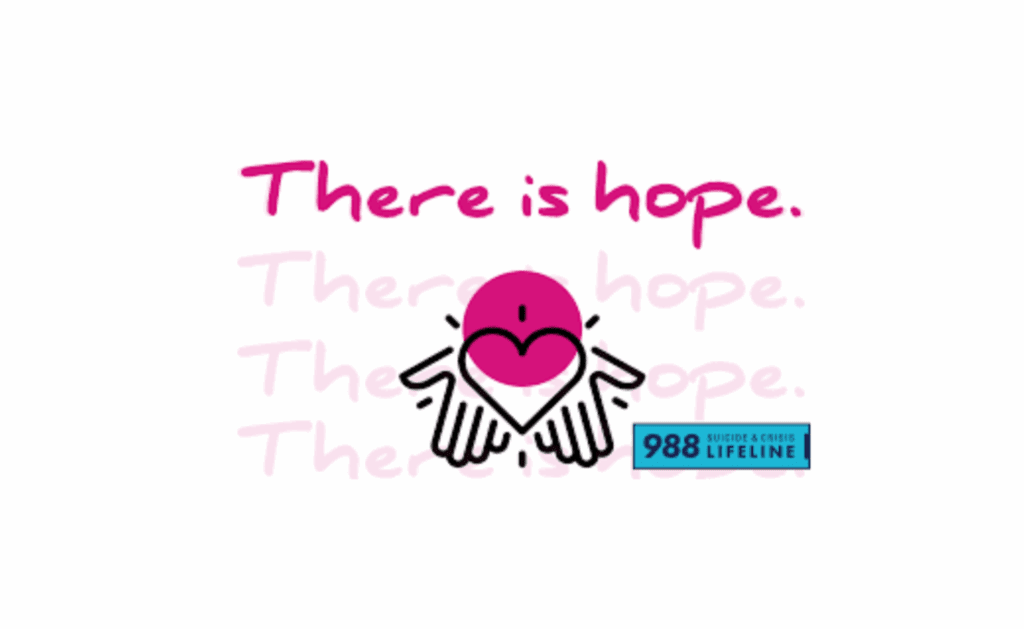
Suicide Warning Signs for Youth and Adults
It’s time to take action if you notice these signs in family or friends. Source: 988 Suicide & Crisis Lifeline Additional suicide and crisis resources available at 988Lifeline.org.
-
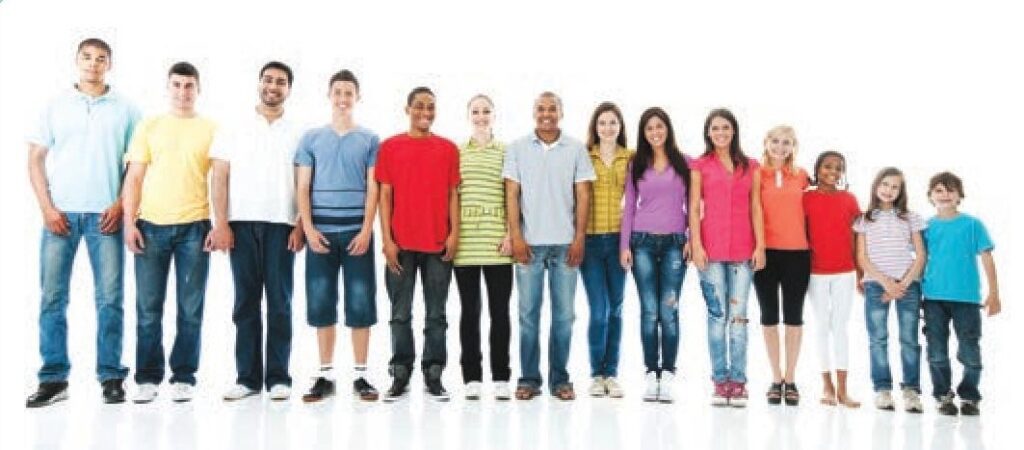
The Teen Brain: 7 Things to Know
Did you know that big and important changes happen in the brain duringadolescence? Here are seven things to know about the teen brain. Source: National Institute of Mental Health
-

Boston Children’s Digital Wellness Guide
A guide for helping kids build healthy and safe digital habits. Source: Boston Children’s We hear directly from youth that their lived reality is one of seamless environment with little distinction between their digital and non-digital experiences – making digital wellness a journey, not an end state. With technology constantly evolving, we understand that parents
-

Reporting Suicidal Comments Made on Social Media
Sometimes on social media, we may come across a comment or post someone has made about the possibility of suicide. Whether it is made by a loved one, friend, or a complete stranger, it is important to take it seriously. Source: Helpline Center
-
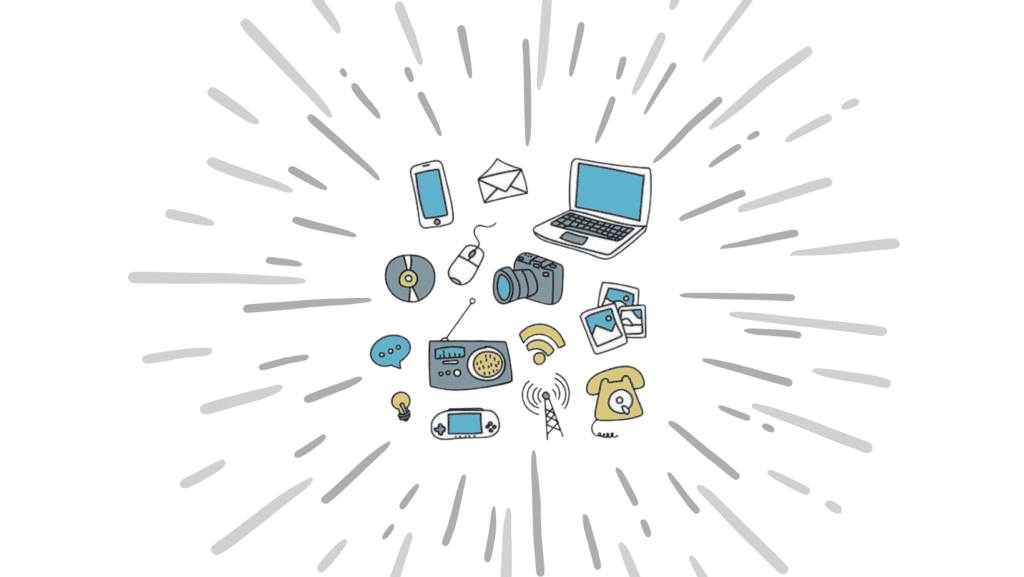
Technology Conversation Starters for Families of Tweens and Teens
This resource provides ideas and examples that parents and guardians can use to frame conversations around common scenarios involving technology, social media, and video games. Source: Center for Excellence, Social Media & Youth Mental Health, American Academy of Pediatrics and SAMHSA
-
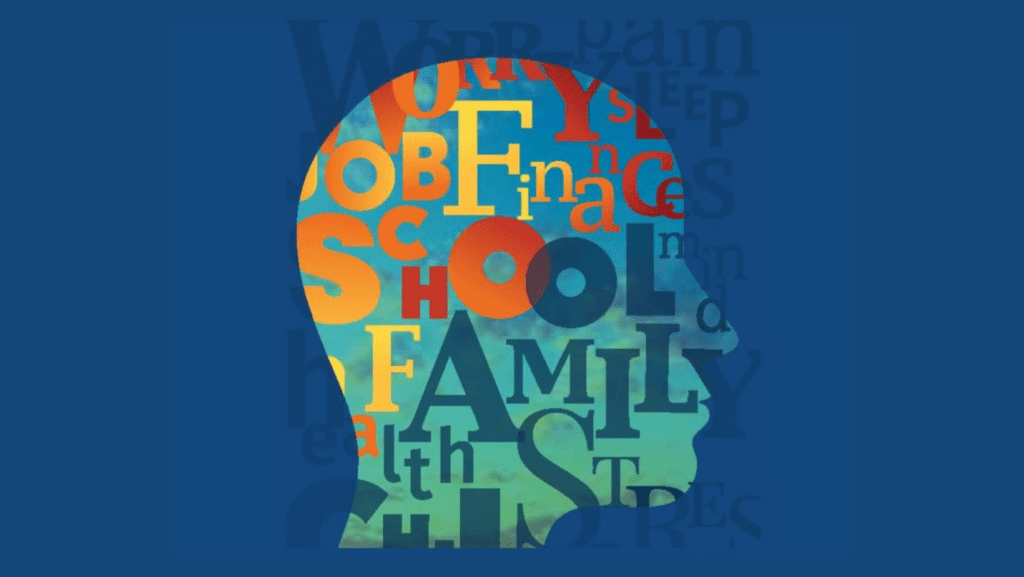
5 Things You Should Know About Stress
Everyone feels stressed from time to time. But what is stress? How does it affect your health? And what can you do about it? Source: National Institute of Mental Health
-
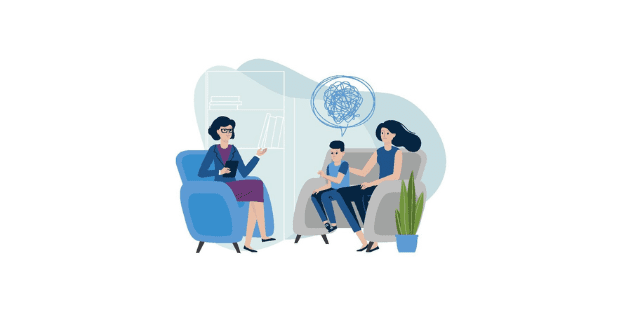
Children and Mental Health: Is this just a stage?
All children are sad, anxious, irritable, or aggressive at times, and many find it occasionally challenging to sit still, pay attention, or interact with others. In most cases, these are just typical developmental phases. However, such behaviors may also indicate a more serious problem in some children. Source: National Institute of Mental Health